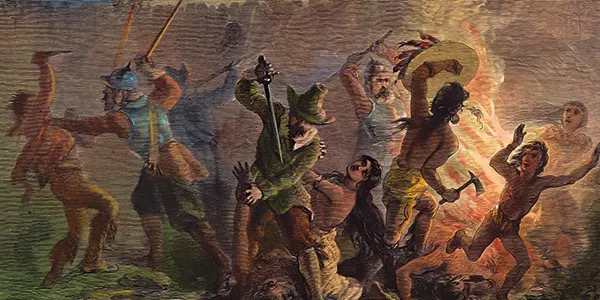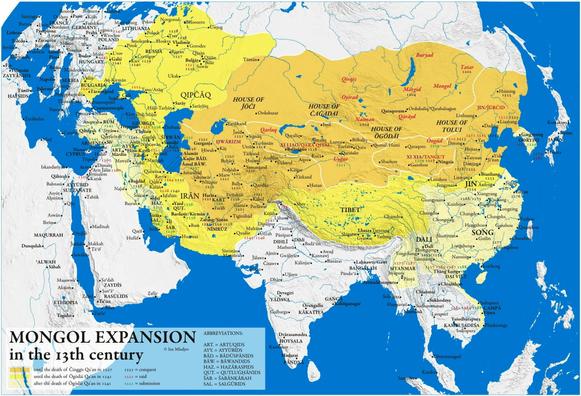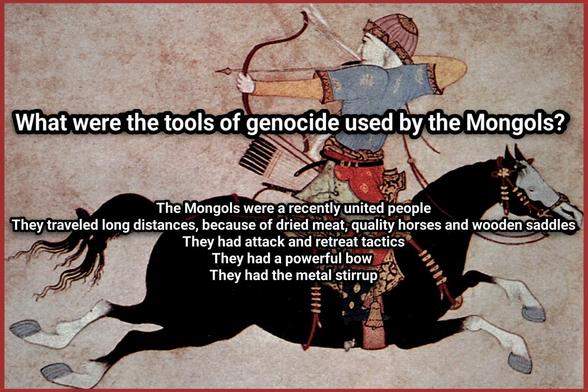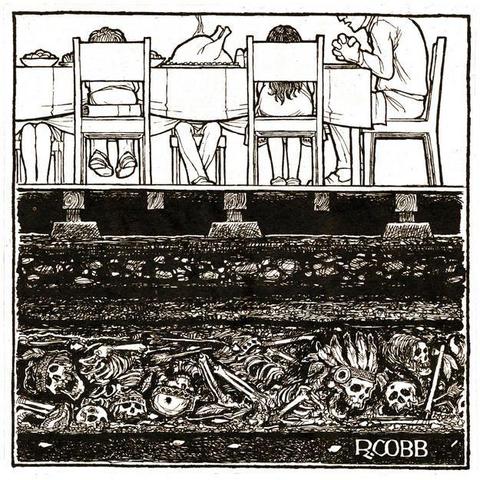@felis_catus_domesticus @6g @oldclumsy_nowmad @Deglassco Indigenous people are PEOPLE like any others, not magical elves.
They had and HAVE the same right to resist colonization and exploitation any other people do and for the same reasons.
Nobody anywhere on the planet is obligated to submit to the theft of their land, to settler colonialism, to slavery, or to any other form of exploitation. Not in the past, and not today.
Remember also: wiithout biological weapons the settlers here would probably have been thrown back into the sea.
It's very hard to fight a war against an entire continent with only matchlock muskets facing warriors of the first quality including expert archers at the end of 3,000 miles of sailing in the tubby, slow sailing ships of that era.
Remember folks here had home field advantage. Also at the start of the war the invaders had composite crossbows and matchlock muskets that didn't work in the rain.
The simpler one piece bows of the defenders worked fine in the rain as long as you had some dry bowstrings available to change out at intervals.
*** detailed discussion of these weapons below***
A good bow is easily a match for a matchlock musket so long as the shooter is skilled in its use. The main advantage of guns of that era was a lot of people could be trained quickly to use them.
A longbow (90-170 pound draw European warbow) or a basic hunting bow (50 pound draw or so) took and takes years to learn to shoot. There were no bowsights in those days like those used in bowhunting today. One term used today for traditional archery is "barebow."
Crossbows were easier to use but harder to make and much more expensive, again an advantage only for those who did not use them their whole lives. Muskets may have been cheaper to make especially in quantity, and an army could be trained fast in their use.
The Spanish did wear armor here and that was a problem in some areas. In some of those areas the atlatl (lever spear thrower) was still used presumably alongside the bow, and it produced enough energy to pierce armor and even the "cortez shield" horse armor.
By the time the English were becoming a problem there were few people left making armor in Europe. It had fallen into disuse starting with the end of the era of mounted knights, and as first bows and then guns improved it became too expensive (not impossible) to make for large numbers of soldier.
As late as the so-called "Old West" some pistol-packing bandits wore a steel armor plate over their chest known as a "steel shirt." For some reason this was considered cowardly but these did work at least against the Colt .45 round. By that time steel was much cheaper than in the 1500's though.
Without armor, the greater power of crossbows or muskets was not a major advantage, especially in the case of the inaccurate, non-rifled musket which could not hit at a distance except by firing volleys. Archers could fire volleys too, by aiming clouds of arrows into the air.




